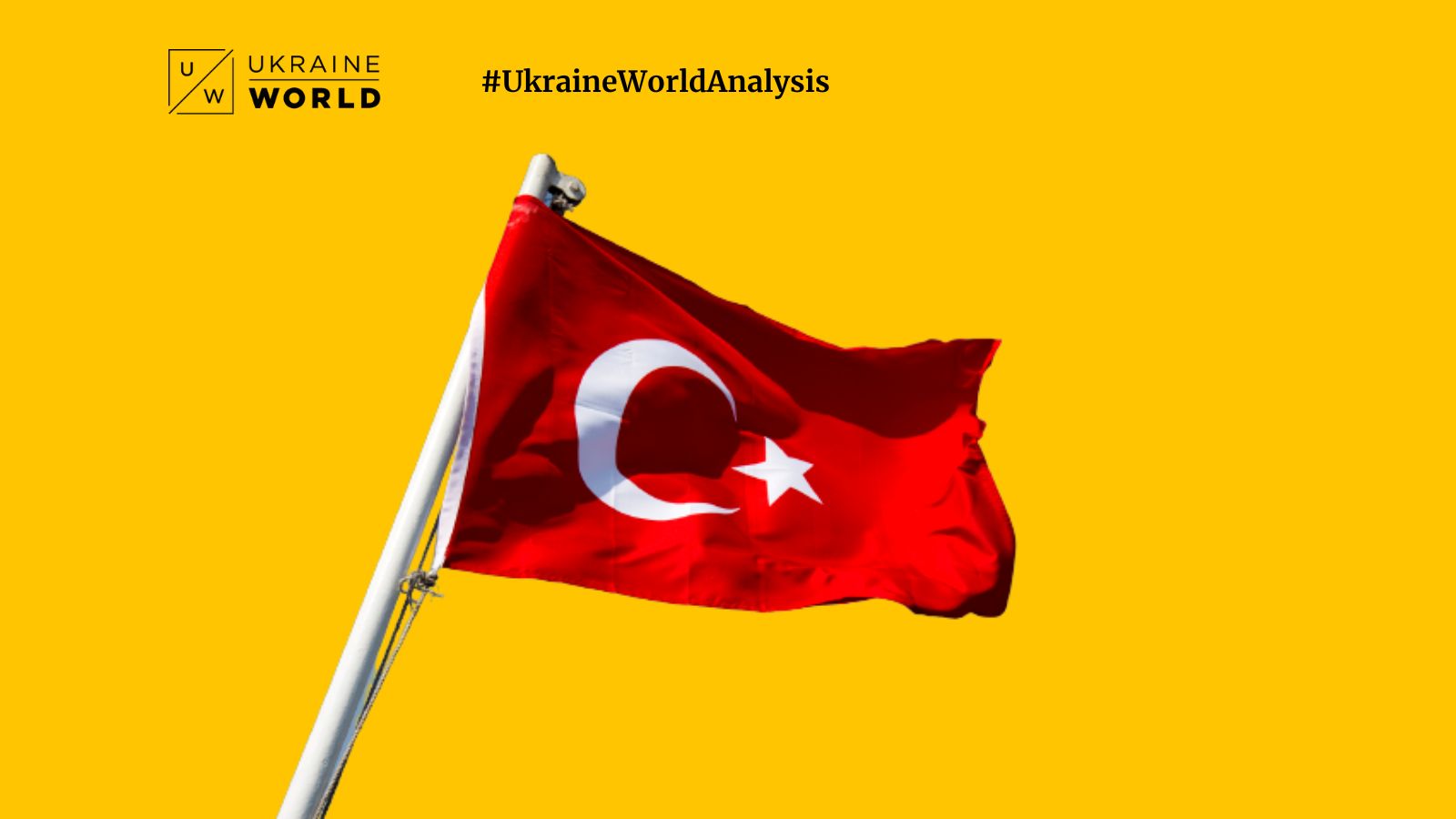UkraineWorld spoke to Yevgeniya Gaber, senior fellow at the Centre in Modern Turkish Studies.
Key points – in our brief, #UkraineWorldAnalysis:
1. On Turkey's rhetoric and practical steps to support Ukraine
- Turkey is consistent in its support for Ukraine's territorial integrity, though its rhetoric on Russia is generally very soft. Turkey stresses the importance of the full de-occupation of Ukraine, including Crimea, but calls for negotiations with Russia. So, the question remains how to reach this goal. For a successful counter-offensive, it will be critical for Ukraine to be supplied with long-range weapons, tanks, and fighter jets, as well as for stronger sanctions to be levied against Russia.
- Turkey has not joined the sanctions against Russia, and Turkish officials publicly criticize the West for supplying weapons, which in their view, do not help end the conflict. It is important, though, to look at the concrete steps Ankara is taking to support Ukraine, rather than focus on its anti-Western rhetoric. Despite its desire to play an instrumental role as a neutral mediator in the negotiation process and economic benefits from cooperation with Russia, Turkey supplies Ukraine with weapons, including Bayraktar combat drones and Kirpi armored vehicles, which shows Ankara's alignment with Ukraine.
- However, anti-Western trends and increasingly nationalistic rhetoric from the government ahead of the elections play into Russian hands. However, Turkey voted for Ukrainian UN resolutions condemning Russian aggression, has closed the Straits for Russian warships, and is currently building corvettes for the Ukrainian navy. Ankara's consistent support for Ukraine is also explained by its attempt to deter Russian military presence in the region, which it sees as a threat to its own security.
2. On Turkey's cooperation with Russia
- There are two aspects, the first of which is military-political. Due to Russia's defeats in Ukraine and in the international arena, Turkey has gradually begun to overcome the myth of the Russian military's invincibility and has strengthened its position in regions where Russian influence has faded away, like in the South Caucasus and Central Asia. However, in the economic sphere, Turkey is still dependent on Russia, especially on Russian gas, nuclear technologies, markets, tourists, and financial resources.
- Though Turkey has been actively developing its own gas fields in the Black Sea, is working to expand gas imports from Azerbaijan, and has increased the level of renewables in its energy consumption, there is still a long way to go before it can overcome its overreliance on Russian energy supplies. The new idea of creating a "gas hub" with Russian gas in Turkey does not help improve this situation either.
3. On Turkey's domestic context
- Turkey has already entered its electoral marathon. The vote is scheduled for May 14, and the period until then will be very sensitive. The polarization of society makes it vulnerable to Russian influences and reflexive control operations. For example, the recent episode of the burning of a Qur'an in Stockholm, which had a clear connection to Russia, has led to a cancellation of a Swedish minister's visit to Turkey, and de-facto blocking of Sweden's accession to NATO. Russian propaganda mouthpieces, such as Rossotrudnichestvo, RT, Sputnik, and Radio Sputnik are still active in Turkey, disseminating the Kremlin's narratives.
DARIA SYNHAIEVSKA, ANALYST AND JOURNALIST AT UKRAINEWORLD
Yevgeniya Gaber, senior fellow at the Centre in Modern Turkish Studies
This material was prepared with financial support from the International Renaissance Foundation.

